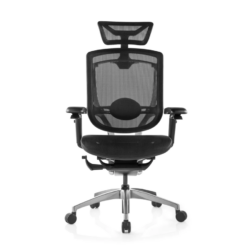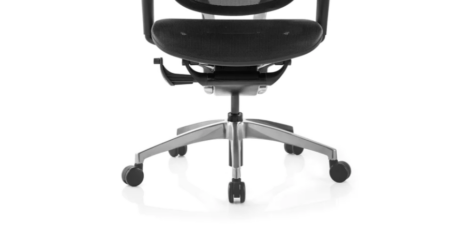February 19, 2024
Home Sweet … Ergonomic Workspace. Why wellbeing and comfort matters when you work from home
 Working from home offers a host of benefits: flexible hours, avoiding the commute, and the comfort of your own pyjamas (within reason, of course). But amidst the perks, it’s easy to overlook an often-forgotten aspect: ergonomics. That fancy term simply means designing your workspace to fit you, preventing discomfort and injuries. While ergonomics might seem less crucial in your home office, it’s just as important as in a traditional office setting. Just because you work from home, doesn’t mean things are different when it comes to your wellbeing. More →
Working from home offers a host of benefits: flexible hours, avoiding the commute, and the comfort of your own pyjamas (within reason, of course). But amidst the perks, it’s easy to overlook an often-forgotten aspect: ergonomics. That fancy term simply means designing your workspace to fit you, preventing discomfort and injuries. While ergonomics might seem less crucial in your home office, it’s just as important as in a traditional office setting. Just because you work from home, doesn’t mean things are different when it comes to your wellbeing. More →








































February 7, 2024
Whenever I hear the future of work, I reach for my pistol
by Mark Eltringham • Comment, Flexible working, Workplace design